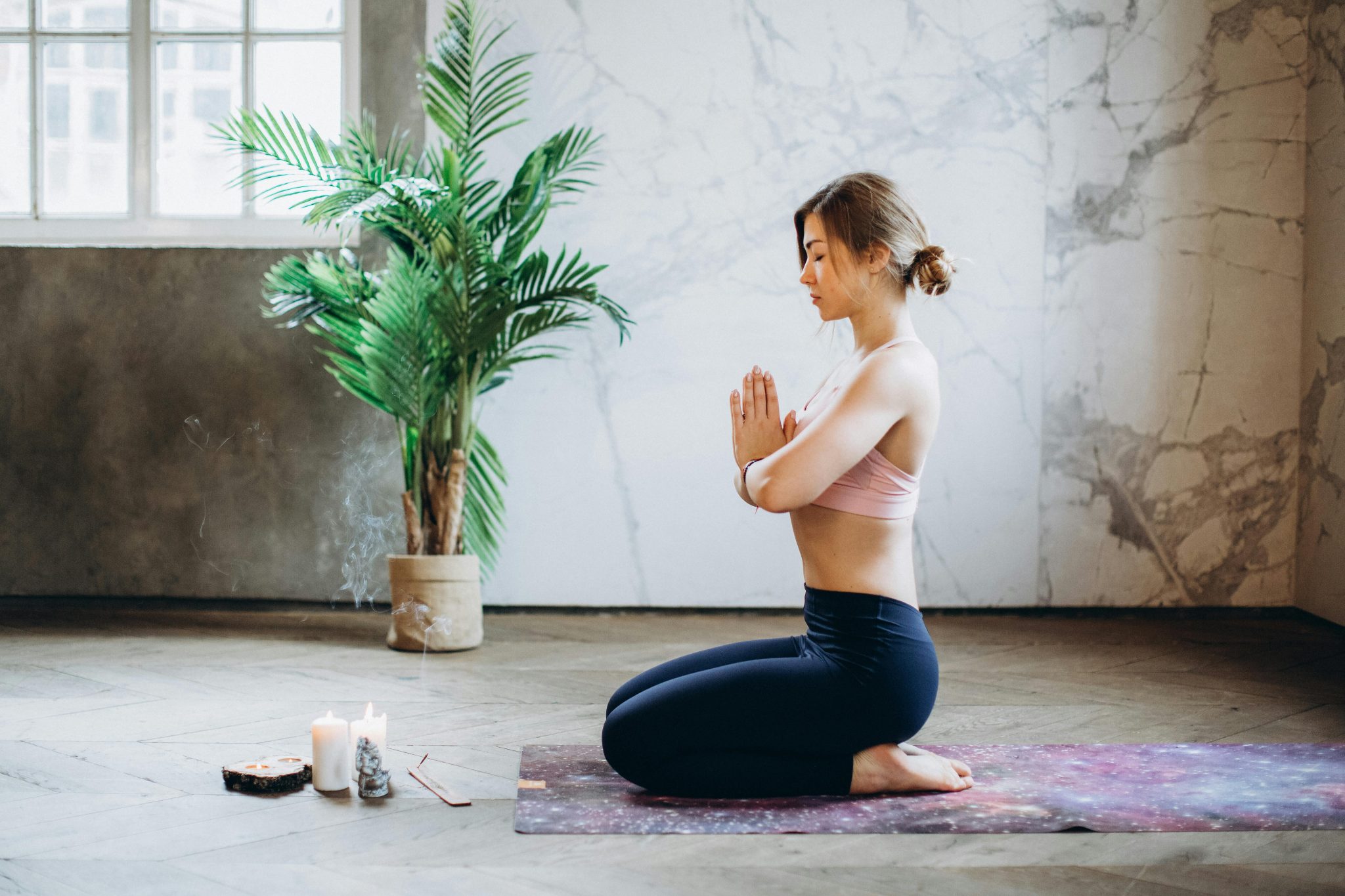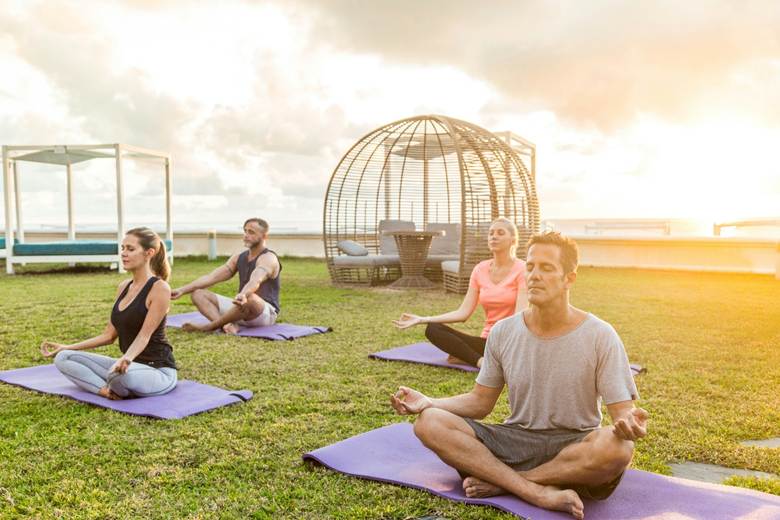Contrary to what others believe, wellbeing is not just about nailing one habit perfectly; it comes from how well everything works together, like how sleep can affect your mood or how stress can change your eating habits. When you pay attention to these connections instead of treating each area separately, small improvements can start reinforcing each other. That’s what integrated lifestyle choices actually mean and why they create stronger, longer-lasting improvements in health and happiness while isolated fixes don’t.
The problem? Most people are unable to fully integrate their lifestyle choices, not because of laziness or lack of motivation, but because of friction, those little blocks that make healthy choices harder to make than they should be. Friction can drain your willpower even before the day starts. And when one area stalls? The rest soon follows.
When Friction Breaks the System
You know how it goes: “just one more video” at 9 PM turns into sleepless nights, which then leads to skipped workouts, takeout dinners since you’re too tired to cook, and brain fog by Friday. That one seemingly minor barrier of not putting your phone down and getting some sleep ripples across your entire system. Again, that’s not laziness, it’s friction, and it’s quietly pulling your health apart.
Friction shows up everywhere, not just in food or exercise, but even in how you relax and unwind. When taking a break requires a lot of effort (signing up, waiting, verifying, logging in), taking a break starts to feel like a chore. So, what happens is that you end up skipping it instead. Then, stress builds, focus fades, and once again, your system crumbles.
That’s why people are gravitating toward friction-free experiences for everything from entertainment to wellness. Many players now use no id verification casinos since they allow users to spin some slots or play a few hands of poker without creating accounts or going through tedious signups. Because of decentralized systems, these sites provide immediate and private access to your favorite casino games when you need a mental break. It’s the same reason why apps like Calm, Insight Timer, and Headspace added “instant start” or quick session options, and why simple games like Skribbl.io or Wordle work, no logins, no forms, just easy entry points into relaxation.
These small design shifts matter because they are removing the micro-barriers that stop people from decompressing. And when downtime is easier, stress levels stay lower, recovery happens faster, and focus can return naturally, all of which are key to maximizing your wellbeing.
How Integration Actually Maximizes Wellbeing

Once friction is out of the way, you can finally start integrating your lifestyle choices. Because, as mentioned, wellbeing is not just about nailing one habit perfectly; it’s in how well those habits mix together.
For example, better sleep lowers cortisol, which means that you’ll experience less sugar cravings and easier fat loss. That 3 PM vending machine run? That is usually just a sleep problem that’s showing up hours later. Fix your sleep schedule, and nutrition gets easier as well.
Also, stress can negatively impact digestion, it can slow things down, cause discomfort, and make your body less efficient at absorbing nutrients. You can eat healthy 7 days a week, but if you’re constantly stressed, your health can still suffer. Address both together, though, and the improvements can actually stick. Even simple changes can have big results. According toUCLA Health’s Ask the Doctors column, a five-minute walk after eating can help with blood sugar moderation.
See the connections? An isolated approach means that fixing sleep only helps sleep. On the other hand, an integrated approach means that fixing your sleeping habits also improves nutrition and energy levels, one change, multiple benefits.
This is what maximizing your wellbeing through integrated lifestyle choices really looks like: not doing more, but designing smarter. It’s about choosing habits that create cascading benefits instead of isolated results. Sleep better, and cravings calm down. Move more, and your focus sharpens. Get the bandwidth to actually enjoy your downtime when you reduce digital friction. Each win multiplies the next.
Not sure where to get started? Start with what feels easiest to fix. It might be your sleeping habits or simply setting boundaries around your screen time. Ask yourself, “Does this make everything else easier?” instead of just “Is this healthy?” This question changes everything because it forces you to look at the ripple effects and not just the action.
Now, here’s the part that most people miss: it’s not enough for you to know about these connections. You have to find ways to keep them up, even during bad days. This is the real skill: maintaining those integrated lifestyle choices when time’s tight, stress is high, and your motivation is gone. Always remember that this system you’ve built is not a one-time setup; it’s something that you have to constantly protect and uphold.
Designing For Bad Days, Not Just Good Ones

The real test of an integrated lifestyle isn’t in how well everything works together when conditions are perfect; it’s whether your system holds together when life gets messy. If your healthy habits only work when everything is going perfectly, they’re not really connected; they’re just fragile.
So, instead of asking “What is the best version of this habit?” ask “What is the easiest option that can still work for me?” If you can’t do your full workout, for example, a short fifteen-minute walk is still great exercise. Too tired to cook? Look for healthy takeout options so you can still enjoy healthy meals. It doesn’t mean that you are lowering your standards; you’re simply protecting the connections that you have built so far, so that a rough day (or week) doesn’t undo months of progress.
Making It Work in Real Life
Here’s what really happens when everything starts working together: small wins set the stage for even bigger ones. Better sleep makes decent food sound good again. Moving a bit helps your stress levels chill out. Less digital friction and noise give your brain the space to care about everything else. And then one day, you realize that the stuff that used to drain you just doesn’t. That’s not discipline, that’s your system and integrated lifestyle choices finally working with you instead of tripping you up.
Start small. Fix one thing that keeps throwing you off and let the rest catch up. Notice all the links and build around those. Real wellness isn’t about doing it perfectly; it’s about building systems and making choices that work for you.





















